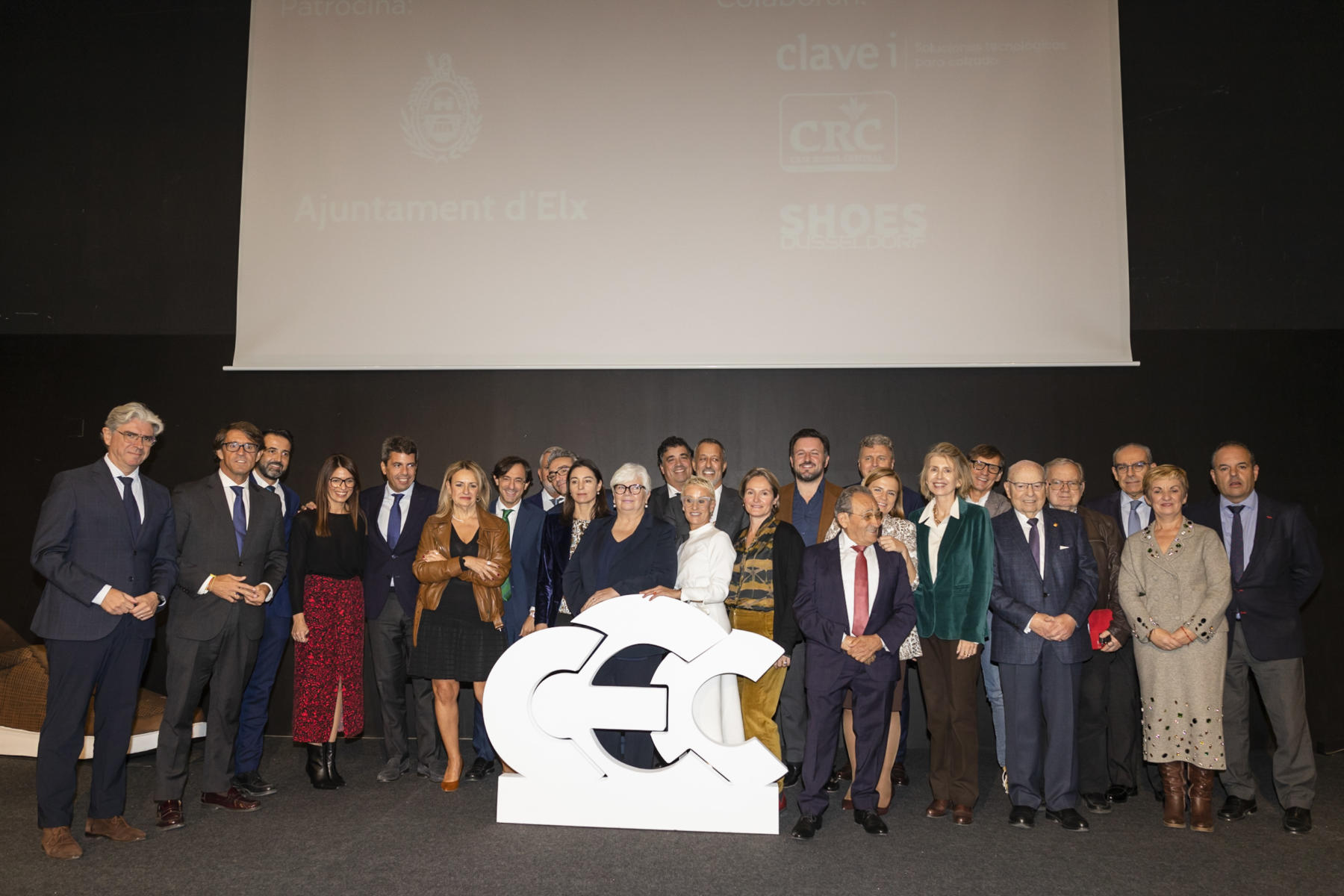Policies
Social Policy

Social policy and social dialogue play an important role in supporting and transforming the industries by addressing the impacts of digitalisation, globalisation, shifting employment patterns and upskilling people working in the TCLF sectors. In view of a positive recovery from COVID-19 and of building stronger and more resilient TCLF industries, social dialogue comes as an essential prerequisite and support to address the challenges and to take advantage of new opportunities while working sustainably.
CEC also participates at the international level with other social partners, brands and TCLF stakeholders around the world in initiatives such as the OECD Roundtable on Due Diligence in the Garment and Footwear Supply Chain. This yearly meeting gathers business, government, civil society and trade union representatives to discuss the application of due diligence in the garment and footwear supply chain and to consult the implementation of the OECD 2018 Due Diligence Guidance in the Garment and Footwear Supply Chain. Furthermore, considering the great number of SMEs and their importance in the garment and footwear sector, this Introductory Paper on SMEs and Responsible Business Conduct considers the persisting challenges they face in implementing due diligence in their supply chains as well as the specific opportunities linked to their circumstances.
Social Dialogue
The European Footwear Social Dialogue was re-launched in 2013, and regular technical meetings, as well as a yearly Plenary session, take place since then. These meetings between EU and national social partners allow to identify and engage on priorities for joint action, both at EU policy and at the project level.
European Policies
IndustriAll Europe and the CEC work together on topics relevant for the industry identified under a Work Programme agreed by EU and national parties. Among the policies and initiatives envisaged for 2021 and 2022 are:
- Monitor the impact of COVID-19 on the sector and engage in lobby activities at the EU and national levels to ensure the positive recovery of the sector.
- Follow EU initiatives under the Circular economy and review the EU Textile Strategy.
- Monitor the negotiations of EU trade agreements and the review of the EU GSP Regulation.
- Review European Commission’s proposal for mandatory Due Diligence legislation.
- Continue the engagement in the Blueprint Skills4Smart TCLF Industries 2030
- Follow-up actions identified in SD Project “Implementing best practices to increase the attractiveness of the footwear sector”.
Joint Declarations are agreed and signed by social partners when necessary, regarding the different domains such as:
A Joint Declaration on Market Surveillance was signed in 2018 by industriAll Europe, Cotance – the European Leather Industry, and CEC. The social partners asked for a broader scope of the Regulation Proposal in order to protect not only consumers’ interests but also companies and workers.
Following the unprecedented effect of the COVID-19 pandemic, social partners drafted a Joint Declaration on the Economic Impact of COVID-19 on TCLF industries. The COVID-19 health and economic crisis had an immediate and serious impact on TCLF companies and employees alike. The disruption of supply chains and the shutdown of retail outlets completely destabilised these industries by dramatically reducing sales, leading to extreme contractions of revenues and financial distress for TCLF companies across all value chains. As a result, factories were suddenly closed, putting thousands of people in temporary – and less temporary – unemployment, slowing down the productive capacities of companies and weakening the growth of these sectors mostly made up of SMEs. The risk that the effects of the crisis will linger even when lockdown restrictions have been fully lifted is high: the European TCLF industries are mostly consumer goods industries and are therefore highly sensitive to the economic well-being in major global marketplaces, and in particular of EU Member States and purchasing power of EU citizens. The recessionary market and the decrease in demand that will follow the immediate crisis put the TCLF companies and employees in major peril.
European Projects
Three different projects, entitled “Developing Social Dialogue in the EU Footwear Sector”(2014-2015), “Attracting New Skilled Workforce to the Footwear sector” (2017-2019) and “Implementing Best Practices to increase the attractiveness of the Footwear Sector” (2019-2021) have been completed.
The last two projects aimed at increasing the attractiveness of the sector towards young people, identify and implement mid-term strategies for training and hiring young workers in order to provide them with the necessary opportunities to obtain quality jobs in the industry. The first of them identified the main common problems and proposed which potential solutions and best practices could be pursued at European level, whereas the second social partners focused on the implementation of the validated best practices identified in the four sectoral countries previously explored (Italy, Poland, Portugal and Spain).
In March 2021, EU Social partners commenced a new ambitious project “Capacity building – Ensuring a sustainable future for the South-East European TCLF Industries”. The aim of the project is to build and strengthen the capacity of the TCLF social partners in SEE countries (Bulgaria, Croatia, North Macedonia, Romania and Serbia) in order for them to become visible actors in the society and the economy. The consortium is committed to promote engagement in meaningful social dialogue, while enhancing the representativeness of the trade unions and industry/employer associations both at national and EU level.


